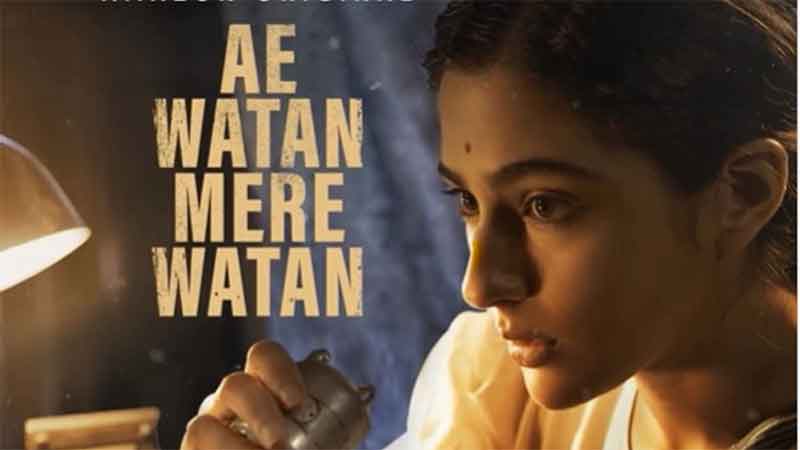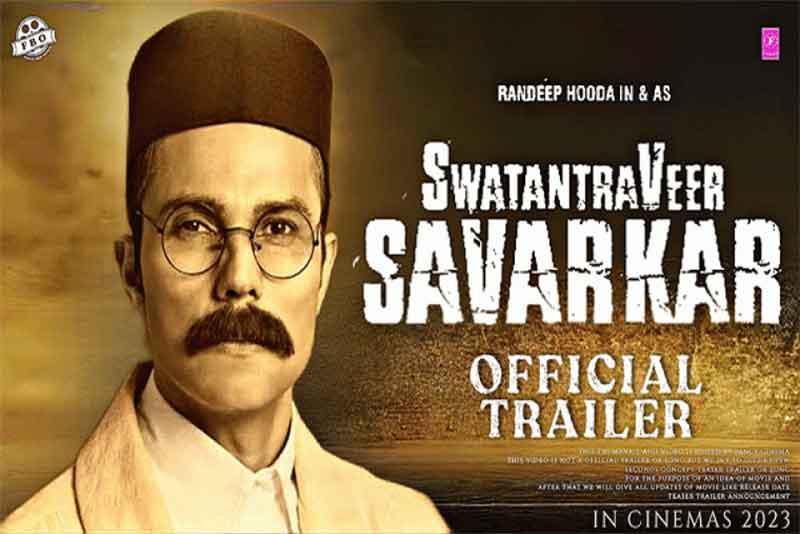
Axone (‘akhuni’- a fermented soy bean dish), which revolves around the quirky premise of misadventures with cooking a ‘smelly’ and ‘tasty’ delicacy and has an unusual cast, majority of being the residents of northeastern states hold promises to a niche audience.
‘Northeasterners’ or people belonging to the northeastern region of India rejoiced to finally see a film that did not miscast Bollywood actors in the leading role of a person from northeast and northeasterners themselves did not get typecast as random characters, waiter, employee in service sector, sports person with mongoloid feature.
For those of us who have studied and worked in the region, with its characters, events and smoked pork, Axone took us on a walk down memory lane during its 90-odd minutes. The movie, directed by Nicholas Kharkongor, who has roots in Nagaland and Meghalaya, is well crafted and the actors do a good job in helping audiences get a glimpse of everyday racism in India.
After a careful second watch it hit me that this movie is problematic, and probably offensive to ‘Northeasterners’ on many grounds.
Dilution of Anti-Racist Political Culture of Northeast
It tried countering explicit and casual racism throughout, only to reinforce it time and again. Food, clothes and cultures were politicised to counter racism in one scene, only to de-politicise and de-legitimise in the next.
One protagonist, Upasana (a Nepali played by Sayani Gupta) asserted that cooking their own delicacy is a right reminding us how political food is for cultural expression. In the very next scene, Chanbi (a Meitei, played by Lin Laishram) countered her that the ‘mainlander’ neighbours also had the right to express discomfort with the smell. This is straightaway de-legitimisation of the assertion that happened in the previous scene. Such scenes were plenty, where these characters showed the complexity of the relation between ‘India’ and ‘Northeast’, only to nullify it in the next.
When, Bendang (a Naga played by Lanuakum Ao), a survivor of a brutal racial attack in Delhi snapped at the benevolent son of the landlord, the son asked Zorem (an Arunachali played by Tenzin Dalha) whether the ‘northeasterners’ consider themselves ‘Indian’. This shows an average Indian’s cluelessness about the political culture and everyday-racism people like Bendang face. Zorem’s reply “Sorry, Bro!” only reifies the mainland racism-apologia and it is unfortunate that the director, Nicholas Kharkongor chose the character to apologise for turning the racial slur of being ‘not Indian enough’ around; perhaps just to pull a mainland crowd-pleaser? This certainly does not fit with the anti-racist political culture of the northeast.
A haunting ‘gaze’ of the ‘mainland’
This film also has eerie similarity with many recent ‘woke’ crowd pleasers, such as ‘Article 15’ (Brahmin cop saving Dalits) and ‘Mulk’ (good Muslim vs. bad Muslim).
These films were made by directors who did not belong to the community of the oppressed character of the film. These films tried to foreground the voice of the oppressed, only to dismantle it through infusing a ‘saviour complex’ from the ‘gaze’ of the majority.
Axone has a similar tone when the ‘mainlanders’ become occasional saviours helping with space and resources. However, it is disheartening that Kharkongor, who belongs to the Khasi community of Meghalaya could not go past the trope of unequal assimilation (Bendang’s desperation to sing Tara-rum-pum) and compromises.
Tokenistic representation of Communities
Two of the three leading characters do not actually belong to the northeast. Sayani Gupta, a Bengali, played the role of a Nepali (Upasana) and Tenzin Dalha, a Tibetan, played the role of an Arunachalee (Zorem). They acted well, but given the political context of the film, this casting certainly does not help to break the glass ceiling.
Other characters were merely used as props, only to have a tokenistic representation from the region; one Mizo here, one Axomiya here and one Naga there. The tokenism became acute when these characters suddenly make phone calls in their own native languages and wear traditional clothes, thus paying lip service to representation, only to stay inert throughout the film.
Generalization of Northeast
The film also generalizes the ‘Northeast’ by foregrounding the facial structure and a perceived shared kinship glossing over their exact cultural locations in terms of the character’s state, region and communities very often.
We neither could know where the newly wedded Minam and her husband would move next, nor what Chanbi and Bendang meant by going back ‘home’! The cultural differences between an Axomiya and a Khasi; an Angami and a Mishmi, or a Mizo and Kuki are glossed over in the homogenizing projection northeast to the non-northeast audience.
Upasana’s insecurities of being both an insider and an outsider are reflective of the complexities of Nepalese belongingness vis-à-vis the indigenous identity politics in the northeast. Axone could have done justice to the diverse and complex ethnic identities had it been turned into a longer series, where the characters could have been brewed, just like the delicacy itself.
Sayan Banerjee is a PhD researcher at National Institute of Advanced Studies, Bengaluru and is studying the socio-ecological dimensions of human-wildlife interactions in Northeast India.
SIGN UP FOR COUNTERCURRENTS DAILY NEWSLETTER
















































